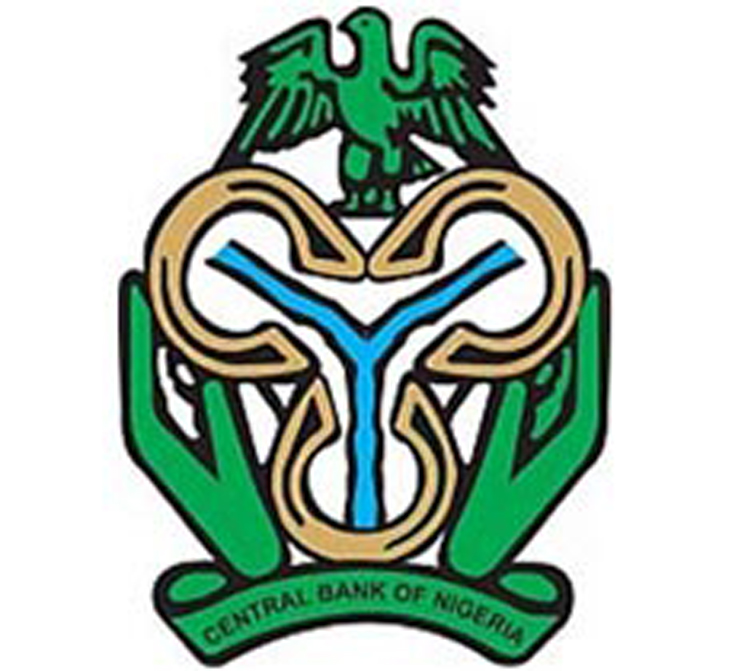Misconceptions have since established themselves after the news of CBN’s new implementation of stamp duty news surfaced in the media, to this effect has the Central Bank Nigeria on Thursday clarified such misconceptions and cleared the air as regards the issue.
Mr. Ibrahim Mu’azu the Central Bank of Nigeria’s Director, Corporate Communications on Thursday while speaking with journalists in Abuja explained that the guideline advised Banks and other financial institutions actively operating in the country to collect N50 only on eligible transactions.
It would be recalled that the CBN issued a circular on Tuesday 19th January urging financial institutions to support the Federal Government in increasing revenue base through the collection and remittance of statutory charges on receipts to Nigerian Postal Service under the Stamp Duties Act.
Mr. Ibrahim Mu’azu further explained that eligible transactions encompasses all receipts given by a bank or other financial institution as a proof or service rendered. Such services include deposits and electronic transfers of N1,000 and above.
While clarifying the nature of the stamp duty charge, he said; “The N50 stamp duty is charged per transaction and not per volume.
Hence, irrespective of the amount, the sum of N50 is to be charged
provided such a transaction is N1,000 and above.”
While this charge is placed on all transactions, Mr. Ibrahim noted that exemptions to the rule apply in cases of salaries and wages payment, payment and deposits or self to self whether inter- or intra-bank.

